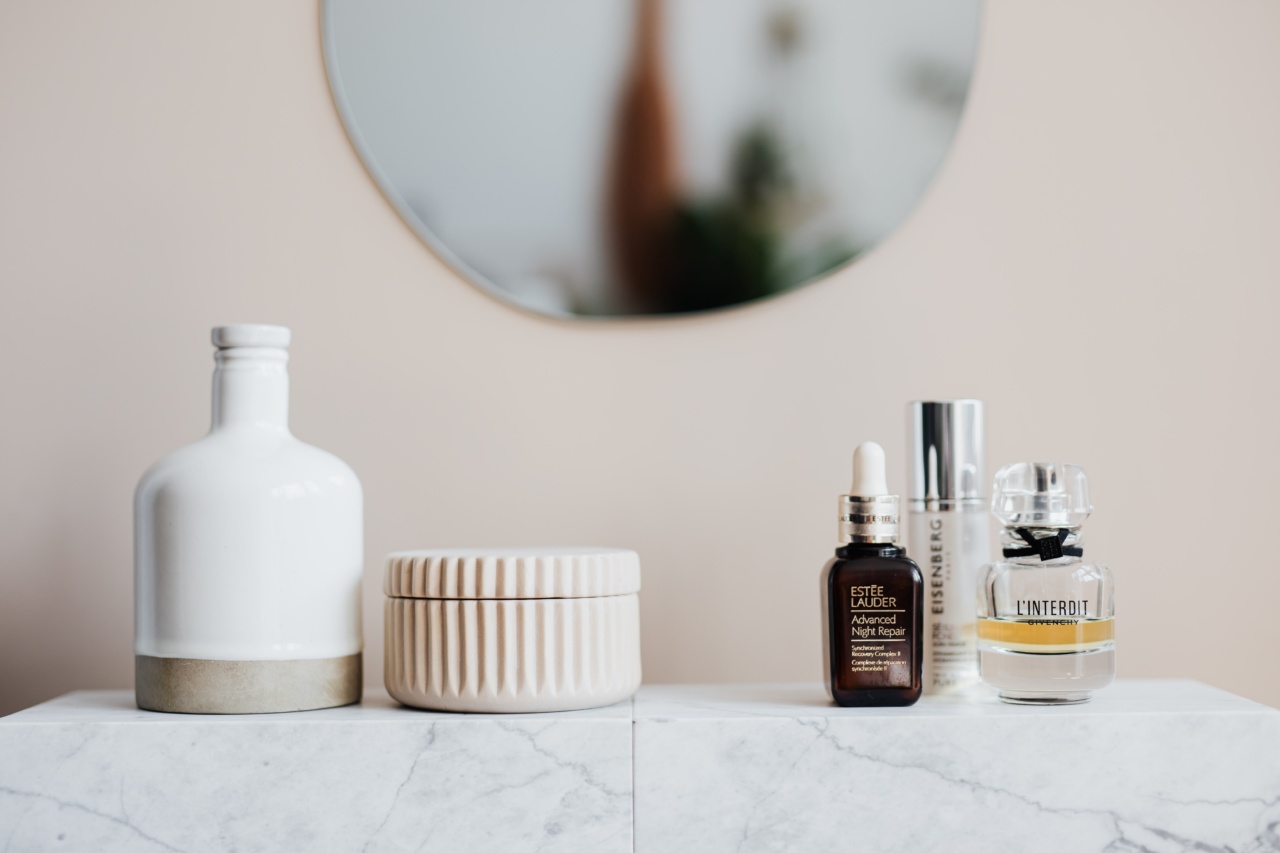In the quest for youthful and radiant skin, many people turn to skincare products and treatments. However, one crucial factor often overlooked is the role of vitamins in maintaining healthy and age-defying skin.
Vitamins play a crucial role in skincare, as they provide essential nutrients that support the skin’s natural rejuvenation and protect against aging. This article will explore the importance of vitamins in skincare and anti-aging and shed light on the specific vitamins that have a significant impact on skin health.
Vitamin A
Vitamin A, also known as retinol, is renowned for its anti-aging properties. It stimulates collagen production, a protein that helps maintain the skin’s elasticity and firmness.
Additionally, vitamin A promotes cell turnover, which results in a more youthful appearance and a reduction in fine lines and wrinkles. Vitamin A derivatives, such as retinoids, are commonly found in anti-aging skincare products, helping to improve skin texture, tone, and overall complexion.
Vitamin C
Vitamin C is a potent antioxidant that neutralizes free radicals, which are harmful molecules that damage skin cells and accelerate aging.
Additionally, vitamin C plays a vital role in collagen synthesis, helping to improve skin elasticity and reduce the appearance of wrinkles. This vitamin also assists in brightening the skin by reducing hyperpigmentation and promoting a more even skin tone. Incorporating vitamin C-rich serums or creams into your skincare routine can provide significant anti-aging benefits.
Vitamin E
Vitamin E is another powerful antioxidant that helps protect the skin from free radicals. It aids in reducing inflammation and promoting skin healing, making it beneficial for those with acne scars or other skin imperfections.
Vitamin E also acts as a natural moisturizer, trapping moisture within the skin and enhancing overall hydration. Including vitamin E in your skincare regimen can help maintain supple and youthful-looking skin.
Vitamin B3
Also known as niacinamide, vitamin B3 helps improve the skin’s barrier function, preventing moisture loss and enhancing hydration.
It helps regulate oil production and minimizes pore appearance, making it suitable for individuals with oily or acne-prone skin. Vitamin B3 also possesses anti-inflammatory properties, helping to calm redness, irritation, and sensitivity. Including niacinamide-based products in your skincare routine can address various skin concerns while promoting a healthier complexion.
Vitamin B5
Vitamin B5, also called pantothenic acid, is known for its moisturizing and healing properties. It enhances the skin’s barrier function, reducing water loss and maintaining skin hydration.
Vitamin B5 also aids in wound healing, making it beneficial for those with skin irritations or minor injuries. Additionally, it possesses anti-inflammatory effects, soothing and comforting the skin. Including vitamin B5 in skincare products can help lock in moisture and improve the overall health and appearance of the skin.
Vitamin K
Vitamin K plays a crucial role in reducing dark circles and under-eye bags. It helps improve blood circulation and strengthens capillary walls, minimizing the appearance of dark circles and puffiness.
Vitamin K also assists in the healing process, reducing bruising and promoting skin recovery after injuries. Incorporating vitamin K into your skincare routine can help achieve a more refreshed and youthful eye area.
Vitamin D
Vitamin D is often referred to as the “sunshine vitamin” because our body produces it when exposed to sunlight. It plays a vital role in overall skin health by supporting skin cell growth, repair, and metabolic activities.
While limited sun exposure can be beneficial, it is essential to protect the skin from harmful UV radiation by using sunscreen. Incorporating vitamin D-rich foods into your diet and practicing safe sun exposure habits can help maintain optimal levels of this important vitamin for healthy skin.
Vitamin F
Vitamin F, which consists of essential fatty acids such as omega-3 and omega-6, helps maintain the skin’s integrity and barrier function. These fatty acids nourish and moisturize the skin, promoting healthy and hydrated skin cells.
Vitamin F also possesses anti-inflammatory properties, soothing skin conditions such as eczema and dermatitis. Including omega-3 and omega-6 fatty acids in your diet or using skincare products that contain these essential fats can benefit your skin’s health and appearance.
Vitamin E and Vitamin C: A Powerful Duo
Combining vitamins E and C in your skincare routine can provide a powerful anti-aging punch. These two antioxidants work synergistically to neutralize free radicals, boost collagen production, and enhance skin radiance.
Vitamin E helps stabilize and potentiate vitamin C, maximizing its benefits for the skin. Look for skincare products that contain both vitamins to optimize their anti-aging effects.
The Importance of a Balanced Diet and Supplements
While topical application of vitamins through skincare products is beneficial, it is crucial to remember that a healthy diet also plays a significant role in skincare and anti-aging.
Consuming a well-rounded diet rich in fruits, vegetables, whole grains, and lean proteins provides the necessary nutrients, including vitamins, to support optimal skin health. However, if you struggle to obtain sufficient vitamins through your diet, supplements can be a convenient way to bridge the gap and ensure your skin gets the nutrients it needs.
Conclusion
Vitamins play a pivotal role in skincare and anti-aging, providing essential nutrients and antioxidant protection to maintain youthful and healthy-looking skin.
Vitamin A, vitamin C, vitamin E, vitamin B3, vitamin B5, and vitamin K are just a few examples of the vitamins that can significantly impact skin health. Whether through topical application or a well-balanced diet, incorporating these vitamins into your skincare routine can help achieve a more youthful, radiant, and rejuvenated complexion.































